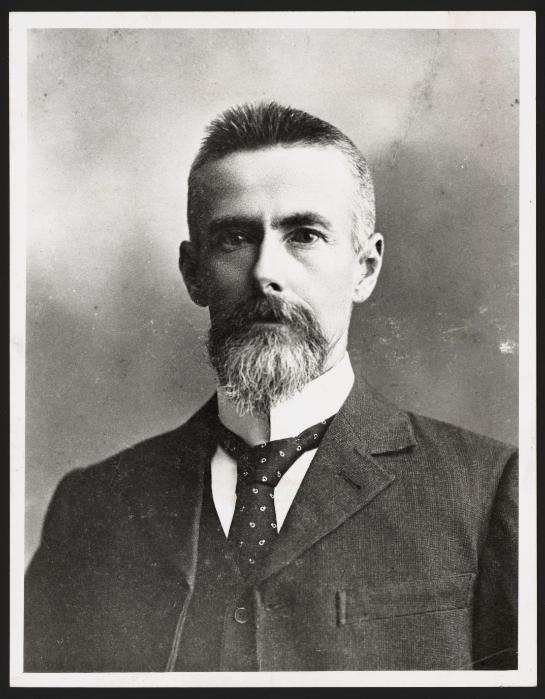The digital age has many unknown consequences for Māori culture and history. I question if we need to be our own ethnographers in this rapidly changing digital world?
Writing whakapapa or other important information for future generations in the sand at the low tide mark with no other record verbal or written is similar to writing a message on the Internet/Web with no paper or non electronic version. We can only rely so much on oral transmissions and history is scattered with the issues of miss-communications and problems from oral histories.
Historically non Māori have been ethnographers of Māori culture, language and society. These ethnographers wrote and recorded our knowledge in journals and books. Without them much of our culture and history would be lost or simply referred to as myths by non Māori.
Elsdon Best was perhaps the greatest ethnographer Māori had. His research from over a century ago is still referenced and researched today for clues. It is unimaginable to think where Māori culture and understanding of history would be today without ethnographers who documented traditional life of Māori in a culture of oral stories and in a culture that was quickly dwindling and being colonised leaving behind almost anything that was traditional.
We already have mass confusion about what is traditional practices and what was introduced to us by missionaries and other colonials. Examples include high rates of domestic violence by Maori, when traditionally domestic violence was unheard and if it did occur, it would have been met with a plundering party or other serious matters. Christian based karakia/prayers are also a newly introduced feature that heavily influences our culture today.
The digital age has unknown consequences for Māori culture and history. We should question the need to be our own ethnographers in this rapidly changing volatile world that only exists with the aid of a cable and satellites that connect New Zealand to the worlds Internet and electricity with special hardware.
There is a wide spread distrust of libraries and government controlled archives, museums and broadcasting organisations and academic institutions who become gate keepers of taonga including photos, whakapapa and many other parts of history. This has lead to some to digitise and copies and original materials to the Internet.
Unlike other content that relies on electricity such as media that can be stored on DVD, tape etc and watched at will (assuming technology does not make it obsolete like a new computers rarely have CD drives), Internet information is often not in a hard repository that can be stored to access at a later date. It is stored on computers and servers around the world using third party hardware, software and services.
Often our own information is not owned by us when we accept large license agreements that most of us do not read. Our information becomes owned by multi national conglomerates who are legally obliged to allow foreign governments to copy and access on demand. Our information is vulnerable to foreign natural disasters, theft from unknown and unseen criminals, governments and digital vigilantes. With no notice our information can be deleted for ever by a keyboard.
Information is often stored in free services such as WordPress, Google and Microsoft. It is not uncommon for free Internet services to become redundant and delete all of your information. Google and Microsoft have done this with older technologies in the past, as have many other free service providers.
We all use software to store information and data. Usually this software is used by a license agreement and needs to be regularly updated with software updates or by paying a new licence fee. Often software can not be transferred to another computer or device and software becomes redundant as technology changes. Even free software that reads pdfs and documents requires constant upgrades. In the history of software the humble text file appears to be the only widely used file that is still able to be used at anytime in almost any system.
My other article about Digital Whakaapa does it exist has additional issues about ownership and authenticity of Maori information in the digital world.


Leave a Reply
You must be logged in to post a comment.